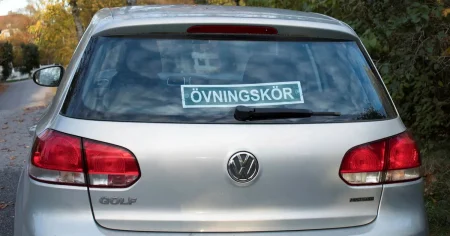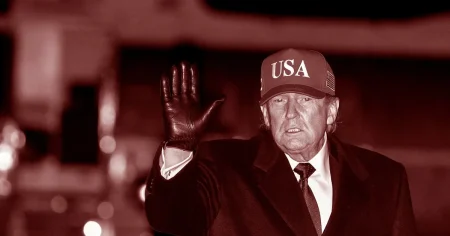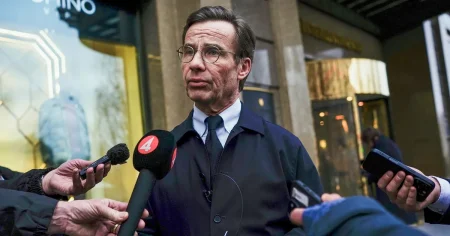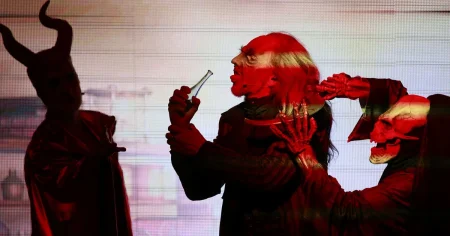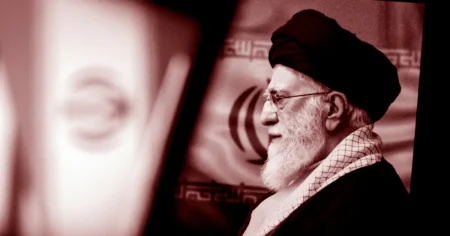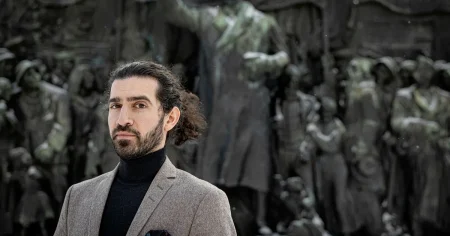The Swedish working class, though materially better off than before, hasn’t disappeared. Yet, they remain largely invisible in various societal spheres, notably politics and media representation. A new study reveals their political underrepresentation, holding a disproportionately low number of positions at all levels of government. From 1973 to 2018, they comprised only 34% of municipal election candidates, 28% of municipal council members, 17% of top municipal candidates, and a mere 13% of parliamentary members. Even the term ”working class” has become politically obscured, replaced by the ambiguous ”ordinary people,” a phrase readily manipulated by politicians to suit their agendas. This erasure extends to media portrayals, where depictions of diversity often focus on a spectrum of middle-class backgrounds and lifestyles, neglecting the everyday realities of blue-collar workers.
This invisibility is not limited to politics and media. The working class is also underrepresented and often stereotyped in cultural spheres. Author Åsa Linderborg highlights the absence of ”honest workers” in movie advertisements, questioning the prevalence of middle-class narratives while working-class stories are often relegated to crime dramas, further perpetuating harmful stereotypes. Similarly, literature, while occasionally featuring working-class narratives, tends to treat them as exotic or niche subjects, segregating them from mainstream narratives. This reinforces the perception of the working class as a separate entity, rather than an integral part of society. The working class experience is often framed as something to escape, rather than a valid and valuable way of life.
This systemic underrepresentation stems from several factors. Public spaces, including media, politics, and culture, are largely dominated by the resource-rich, those with the financial means, social connections, and cultural capital to navigate these arenas effectively. The upper class and the expansive middle class that populates bureaucratic, media, and cultural sectors set the societal norms and control the narratives. This dominant middle class, despite occasional self-deprecation, remains the benchmark against which others are measured, further marginalizing the working class. The lack of representation reinforces a cycle where working-class perspectives and experiences are excluded from mainstream discourse.
The working class, historically lacking the tradition of self-advocacy, struggles to assert itself in these spaces. This hesitancy might stem from a lack of confidence – a consequence of being a minority in influential circles and the feeling of not belonging. This sense of otherness is exacerbated by the societal expectation that upward mobility is the ultimate goal, implying that working-class origins are something to transcend, rather than embrace. This aspiration to escape one’s roots is poignantly illustrated in Stig Sjödin’s poem about a factory worker who sacrifices everything for his sons’ education, only to find himself alienated from their new, middle-class lives. The poem underscores the tragedy of a system that encourages individuals to abandon their origins, rather than striving for a society where all backgrounds are equally valued.
The pervasive misconception lies in believing the goal is to eliminate the working class, rather than the inequality that limits their opportunities. The issue isn’t the existence of the working class, but the systemic disadvantages they face. The focus should be on creating a more equitable society where working-class individuals have the same access to education, resources, and opportunities as their middle- and upper-class counterparts. True progress lies not in the erasure of the working class, but in its empowerment and integration into all facets of society. This requires dismantling the existing power structures and challenging the dominant narratives that perpetuate inequality.
Ultimately, achieving meaningful representation and social equality requires a multifaceted approach. It necessitates challenging the ingrained biases that undervalue working-class experiences and dismantling the systemic barriers that limit their access to opportunities. This includes promoting working-class voices in media, politics, and culture, fostering a more inclusive and representative public discourse, and implementing policies that address economic disparities and promote social mobility. The goal is not to erase the working class, but to create a society where their contributions are recognized, valued, and celebrated, and where they have an equal opportunity to thrive.








